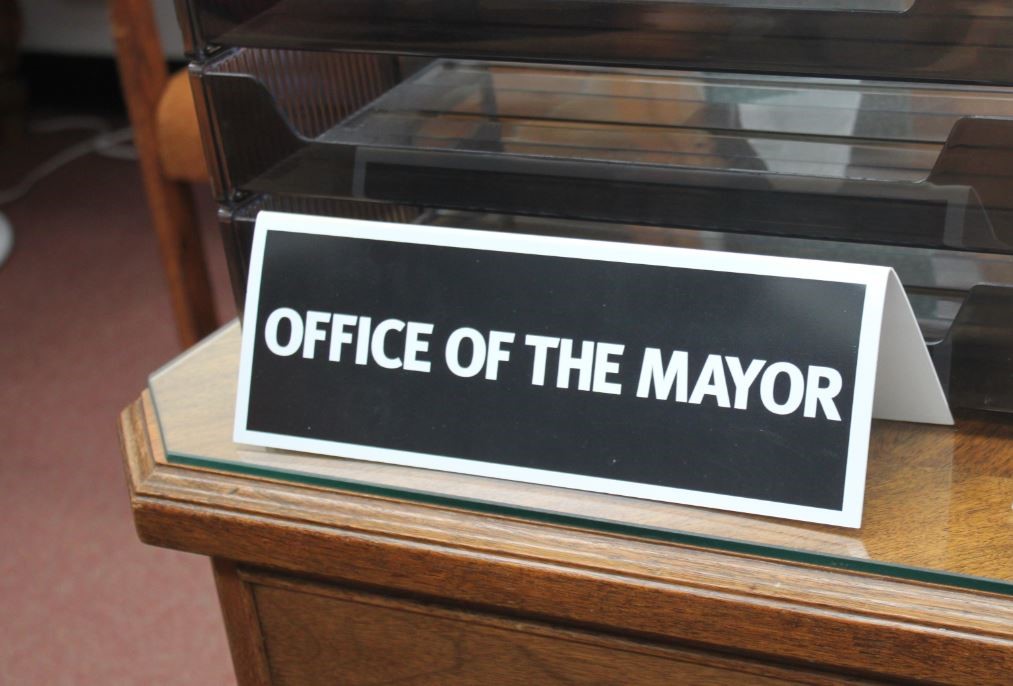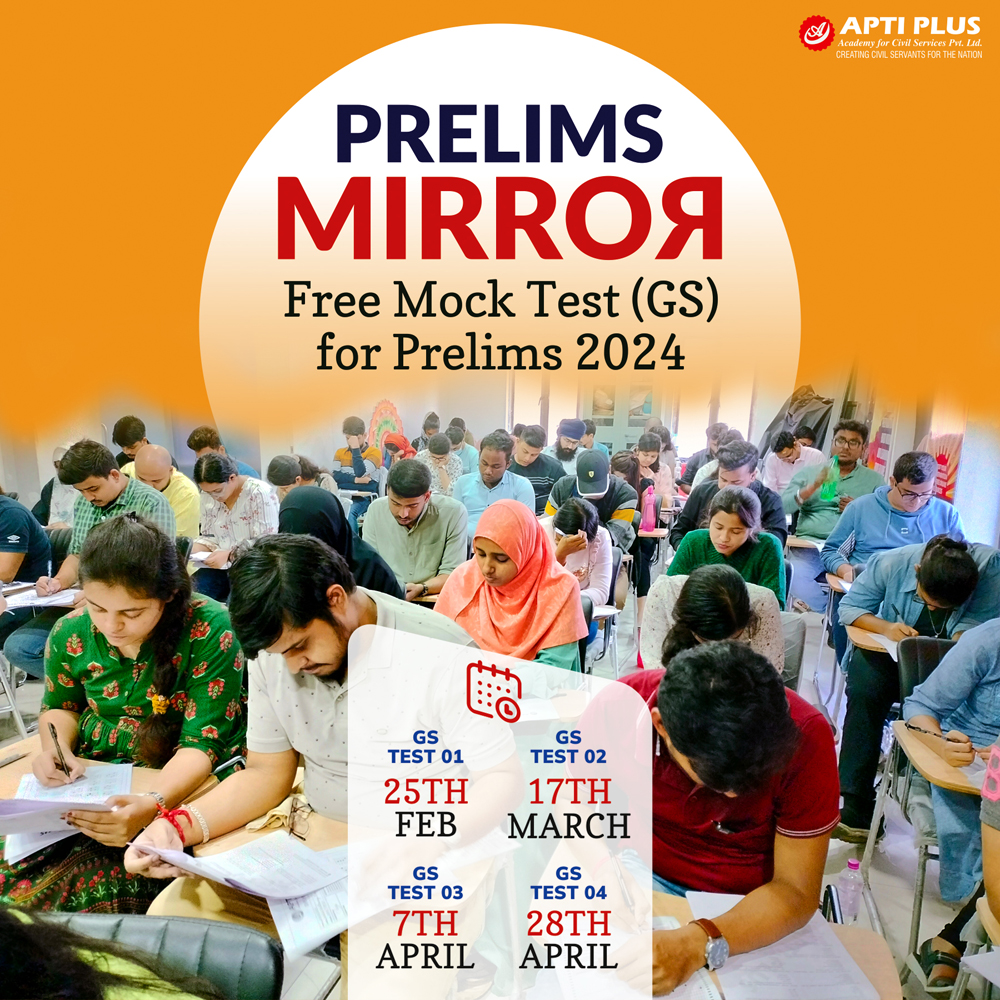Description

Disclaimer: Copyright infringement not intended.
Context
- Delhi Chief Minister Arvind Kejriwal thanked the Supreme Court for declaring AAP-Congress candidate Kuldeep Kumar as the 'validly elected' Mayor of Chandigarh.
Office of Mayor
- In India, the office of the Mayor exists in urban local bodies, such as municipalities and municipal corporations.
Historical Background
- Municipal corporation mechanisms were introduced during British Rule.
- First municipal corporation in Madras (Chennai) in 1688, followed by Bombay (Mumbai) and Calcutta (Kolkata) by 1726.
- Elected presidents in municipalities introduced in Lord Mayo's Resolution of 1870.
- Current structure based on Lord Ripon's Resolution of 1882 on local self-governance.
Constitutional Amendment
- 74th Constitutional Amendment Act of 1992 transferred 18 powers to urban local bodies.
- Recognized municipal corporations, Nagar Panchayats, Municipal Councils.
- Aimed to empower local governments and promote decentralization.

Changes Post-1990s
- Urban local bodies function as self-governing institutions since the 74th Amendment Act.
- Increased autonomy and decision-making power at the local level.
- Challenges in maintaining the autonomy of local governments and mayors.
Election:
- The Mayor is elected by the members of the municipal corporation or municipality.
- In some states, the Mayor is elected directly by the people, while in others, the elected councilors choose the Mayor from among themselves.
Functions:
- The Mayor's functions are primarily ceremonial.
- They preside over meetings of the municipal corporation or its committees and act as the head of the municipal corporation in official functions and public events.
- However, the Mayor usually does not have significant executive powers.
Executive Power:
- The executive power of the municipal corporation is often vested in a Municipal Commissioner or Chief Executive Officer, who is appointed by the state government.
- The Mayor's role is more symbolic, and they may not have substantial executive authority.
Election and Tenure
- Election process and tenure vary by city.
- Examples: Bengaluru (indirect, one year), Mumbai (indirect, 2.5 years), Bhopal (directly elected, five years).
- Direct election of mayors in some states: Haryana, Madhya Pradesh, Jharkhand, Uttar Pradesh, Chhattisgarh, Uttarakhand, Odisha.
Powers and Responsibilities:
- The powers and responsibilities of the Mayor can differ based on state laws and the specific provisions of the municipal corporation or municipality.
- In some cases, the Mayor may have certain administrative or financial powers, but these are usually limited compared to the Municipal Commissioner or Chief Executive Officer.
Role in Urban Governance:
- While the Mayor plays a role in representing the local government at the city level, the actual governance and administration of the municipality or municipal corporation are carried out by the Municipal Commissioner or Chief Executive Officer and other municipal officials.

Roles and Responsibilities of Mayors
- Governs the local civic body.
- Fixed tenure, varies by city.
- First citizen of the city.
- Dual role: ceremonial and functional.
- Presides over corporation meetings.
- Represents the city during visits of foreign dignitaries.
- Given prominence at government, civic, and social functions.
|
PRACTICE QUESTION
Q. Which of the following statements about the office of the Mayor in India is/are correct?
1.The office of the Mayor exists in urban local bodies such as municipalities and municipal corporations.
2.The first municipal corporation in India was established in Madras (Chennai) in 1688.
3.The Mayor is elected directly by the people in all states of India.
4.The executive power of the municipal corporation is often vested in the Mayor.
Select the correct answer using the codes below:
A) 1 and 2 only
B) 1, 2, and 3 only
C) 1 and 4 only
D) 1, 2, 3, and 4
Answer: A
Explanation
- Correct: The office of the Mayor does exist in urban local bodies such as municipalities and municipal corporations in India.
- Correct: The historical background mentions that the first municipal corporation in India was established in Madras (Chennai) in 1688.
- Incorrect: The statement that the Mayor is elected directly by the people in all states of India is incorrect. The method of electing the Mayor varies from state to state, with some states having direct elections and others having indirect elections by the councilors.
- Incorrect: The executive power of the municipal corporation is not usually vested in the Mayor. It is often vested in a Municipal Commissioner or Chief Executive Officer appointed by the state government.
Therefore, the correct answer is A) 1 and 2 only.
|










